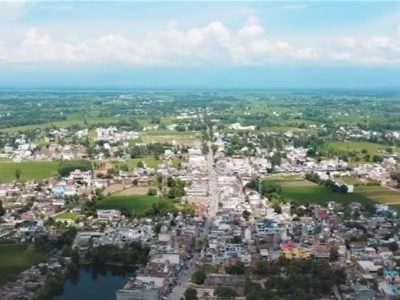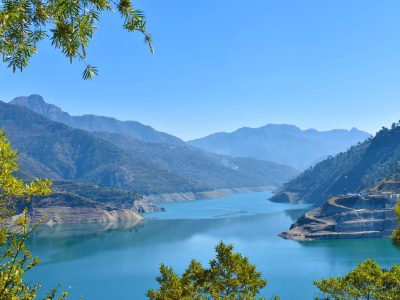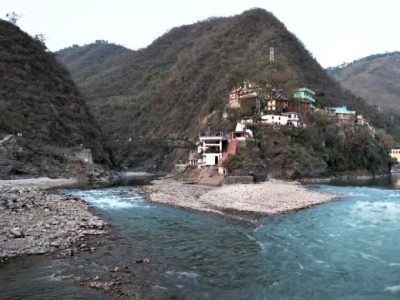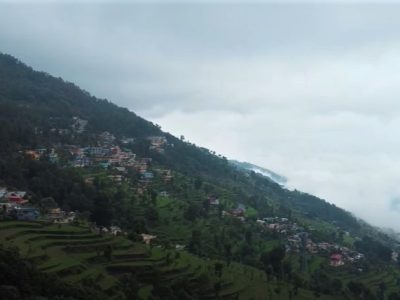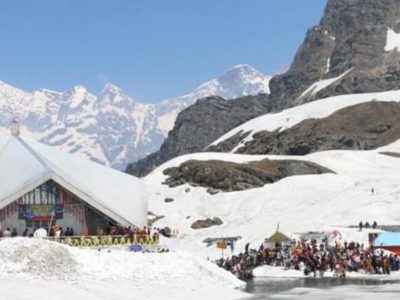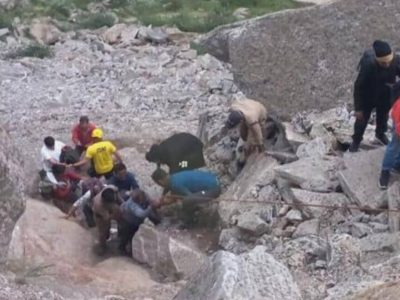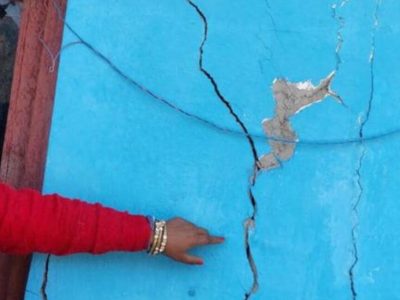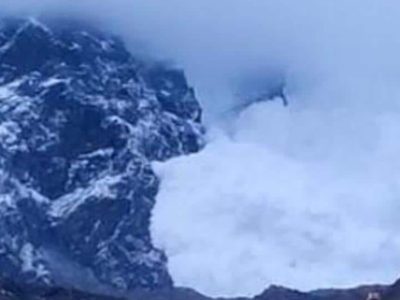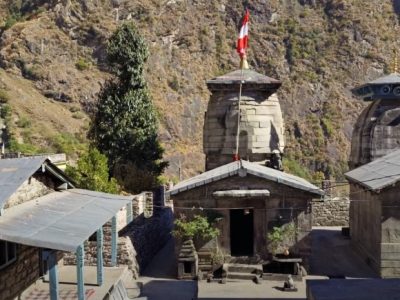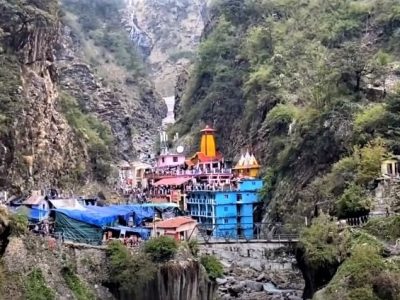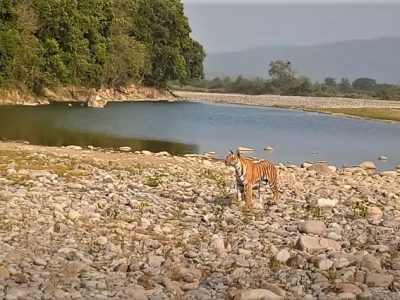Construction of the Helang-Marwari bypass road in Uttarakhand’s Joshimath has restarted after being halted due to cracks in buildings. The 5km road, part of a larger project to build roads to four Hindu shrines in the Garhwal Himalayas, aims to shorten the distance to Badrinath by 30km. Local residents have objected to the construction, citing concerns over livelihoods and potential damage to buildings. The Supreme Court recently permitted the Union government to construct all-weather roads as part of the project, citing national security concerns.
The construction of the Helang-Marwari bypass road restarted in Uttarakhand’s Joshimath on Monday, weeks after the state government gave permission to the Chamoli district administration to do so, officials said.
“The construction work of the Helang-Marwari restarted on Monday after we got approval from the state government,” said colonel Ankur Mahajan, commander of the Border Roads Organisation.
Work on the 5km road was stopped after cracks developed in numerous buildings in Joshimath, the gateway town to the Badrinath shrine visited by millions of pilgrims every season between May and September. Hundreds of residents had to be evacuated, many of whom are still living in relief camps.
The BRO suffered a loss of around ₹10 crore due to the suspension of work, an official had earlier said, seeking anonymity. Conditional permission had been given for the construction of Helang-Marwari bypass based on the reports of experts from Indian Institute of Technology Roorkee, the public works department and the Tehri Hydro Development Corporation, disaster management secretary Ranjit Kumar Sinha had said.
An association agitating for the rights of local residents expressed concerns over the restarting of the work.
“It is unfortunate that the construction work of Helang Marwari, which is right at the base of Joshimath town, has restarted,” said Atul Sati, convener of Joshimath Bachao Sangharsh Samiti. “The blasting activity during its construction will aggravate the situation in Joshimath, resulting in the widening of cracks.”
“We demand the state government to make public the fact-finding report by eight government agencies on the damages in the town,” Sati said.
Joshimath residents have objected to the construction as it will affect their livelihood if the pilgrimage is conducted via the Helang-Marwari bypass.
“If the authorities will or have restated the construction work of bypass, we will stage a stir. It will trigger the migration from Joshimath since the project aims to bypass our town, whose economy is completely dependent on the Char Dham yatra,” said Nain Singh Bhandari, president of Joshimath Vyapar Mandal, a traders’ body.
“On the one side, the government has introduced policies to arrest migration from hills. On the other, they introduce such projects that can lead to migration,” Bhandari said.
The Helang-Marwari bypass, being constructed around 13 km from Joshimath at its foothill, aims to shorten the distance to Badrinath by 30 km. It is part of the central government’s ₹12,000 crore project to build roads to Char Dham, four Hindu shrines in the Garhwal Himalayas.
On December 14, 2021, the Supreme Court permitted the Union government to construct all-weather roads with a width of 10m as part of its Char Dham project, underlining that “the recent past has thrown up serious challenges to national security”, and that wide strategic feeder roads to the India-China border were required for easy access of the armed forces.



